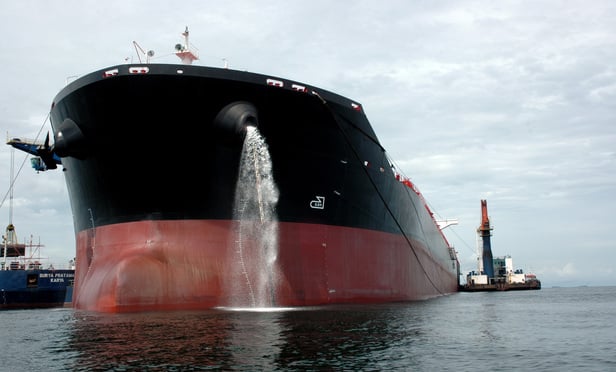Maritime law is so old. How old? One federal judge in New York found that it predates the birth of Christianity by 900 years.1 Notably, two of America’s Founding Fathers were prominent admiralty lawyers. Alexander Hamilton, one of our most famous immigrants, was a maritime lawyer in New York, and John Adams practiced in Massachusetts.
As shipping was an important link between nations engaged in commerce and trade in the Mediterranean Sea, a uniform law was necessary to apply to vessel owners, charterers, shippers, passengers and crews. Centuries later, maritime law became well anchored in the United States. The term “maritime” is used interchangeably with “admiralty.” Yet, there is a subtle distinction. “Maritime” law broadly refers to the entire body of laws, rules, legal concepts and processes that relate to the use of marine resources, ocean commerce, and navigation. Admiralty law, on the other hand, is narrower in the sense that it refers more restrictively to just navigation and shipping in inland and ocean waters.2 Over time, the two terms became synonymous as evidenced in the Federal Rules of Civil Procedure. Federal Rule 9(h) identifies “admiralty or maritime claims” as admiralty cases and Rule 38(e) refers to admiralty and maritime claims as exceptions to the right to a jury trial. Similarly, the Supplemental Rules for “Admiralty or Maritime Claims” and Asset Forfeiture Actions supplement the Federal Rules of Civil Procedure.



